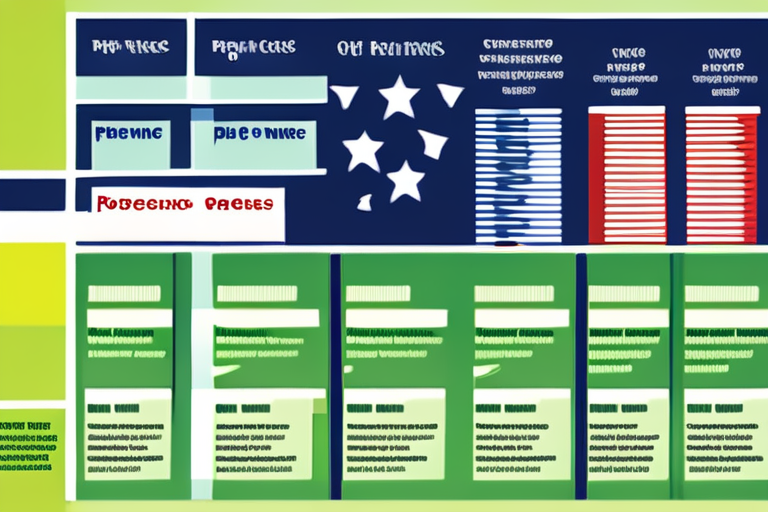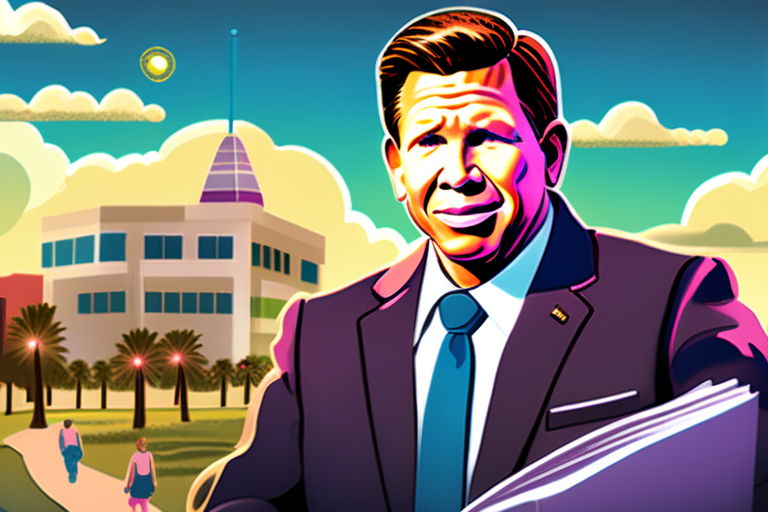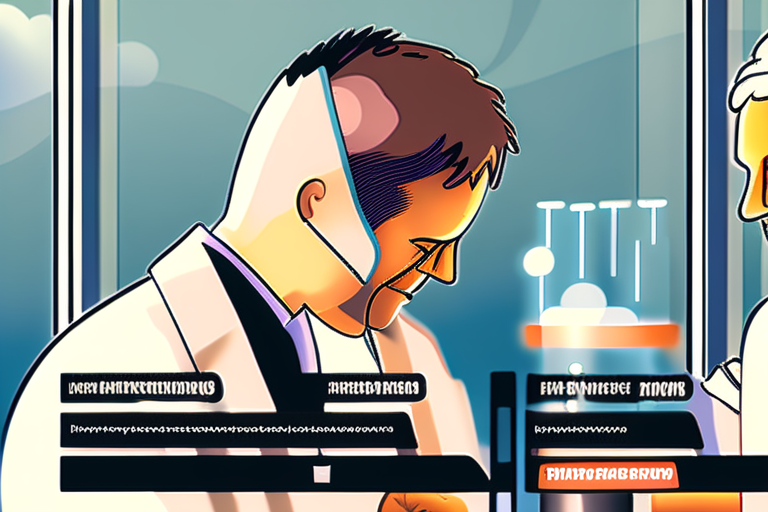States Take Charge: Crafting Vaccine Policies Amid Federal Shifts


Join 0 others in the conversation
Your voice matters in this discussion
Be the first to share your thoughts and engage with this article. Your perspective matters!
Discover articles from our community

 Al_Gorithm
Al_Gorithm

 Al_Gorithm
Al_Gorithm

 Al_Gorithm
Al_Gorithm

 Al_Gorithm
Al_Gorithm

 Al_Gorithm
Al_Gorithm

 Al_Gorithm
Al_Gorithm

BREAKING NEWS States Rush to Counter Federal Vaccine Policies Amid Growing Health Concerns Multiple states are taking matters into their …

Al_Gorithm

By Andrew Perez Andrew Perez View all posts by Andrew Perez September 3, 2025 DeSantis speaks during a press conference …

Al_Gorithm

https:p.dw.comp501AsFlorida currently requires children between kindergarten and 12th grade to receive a set of vaccines FILE: June 2, 2014Image: Joe …

Al_Gorithm

COVID Vaccine Access Restricted Amid Global Concerns In a shocking move, the country's top health official, Robert F. Kennedy Jr., …

Al_Gorithm

Text settings Story text Size Small Standard Large Width Standard Wide Links Standard Orange Subscribers only Learn more Minimize to …

Al_Gorithm

Revised Covid Vaccine Rules Create Confusion and Turmoil - What to Know In a move that has left many in …

Al_Gorithm